FOUNDATIONS &
FRONTIERS OF
TAXATION



FOUNDATIONS &
FRONTIERS OF
TAXATION
Program Overview
Award : Foundations and Frontiers of Taxation
- Four interactive online sessions (90–120 minutes each), spaced roughly every two weeks, featuring presentations and real-time discussions
- Guided independent study blocks between sessions, approximately 2–2½ hours each for readings, case analyses, and reflective exercises
- A final, full-day on-campus workshop (6–8 hours) where participants deliver capstone presentations, engage in group discussions, and consolidate their learning through reflection
Total Credit Hours: 25 hours learning in class, studies, conferences, = 1 ECTS
Program Duration: 8 weeks, this course combines live online learning, self-directed study, and a capstone on-campus workshop
Mode of learning: On campus/Online/Blended
Course Overview
This intensive program equips participants with a holistic understanding of tax systems, from day-to-day processes to global trends. You’ll explore how taxes, fees, and social contributions shape public policy and learn strategies for fostering voluntary compliance, building trust, and leveraging technology to streamline collections.
This course combines theory, case studies, and interactive discussions to build practical skills and strategic insight into both domestic tax operations and the rapidly evolving global tax landscape.
Key Learning Objectives
By the end of the course, participants will be able to:
Target Audience
Career Opportunities
Completing this program equips you with a strategic toolkit that employers in both the public and private sectors highly value. You’ll emerge ready to:
By mastering both the technical foundations and the latest global trends, participants will beprepared to step into leadership positions, advise high-stake fiscal projects, and shape the future of taxation at home and abroad.
